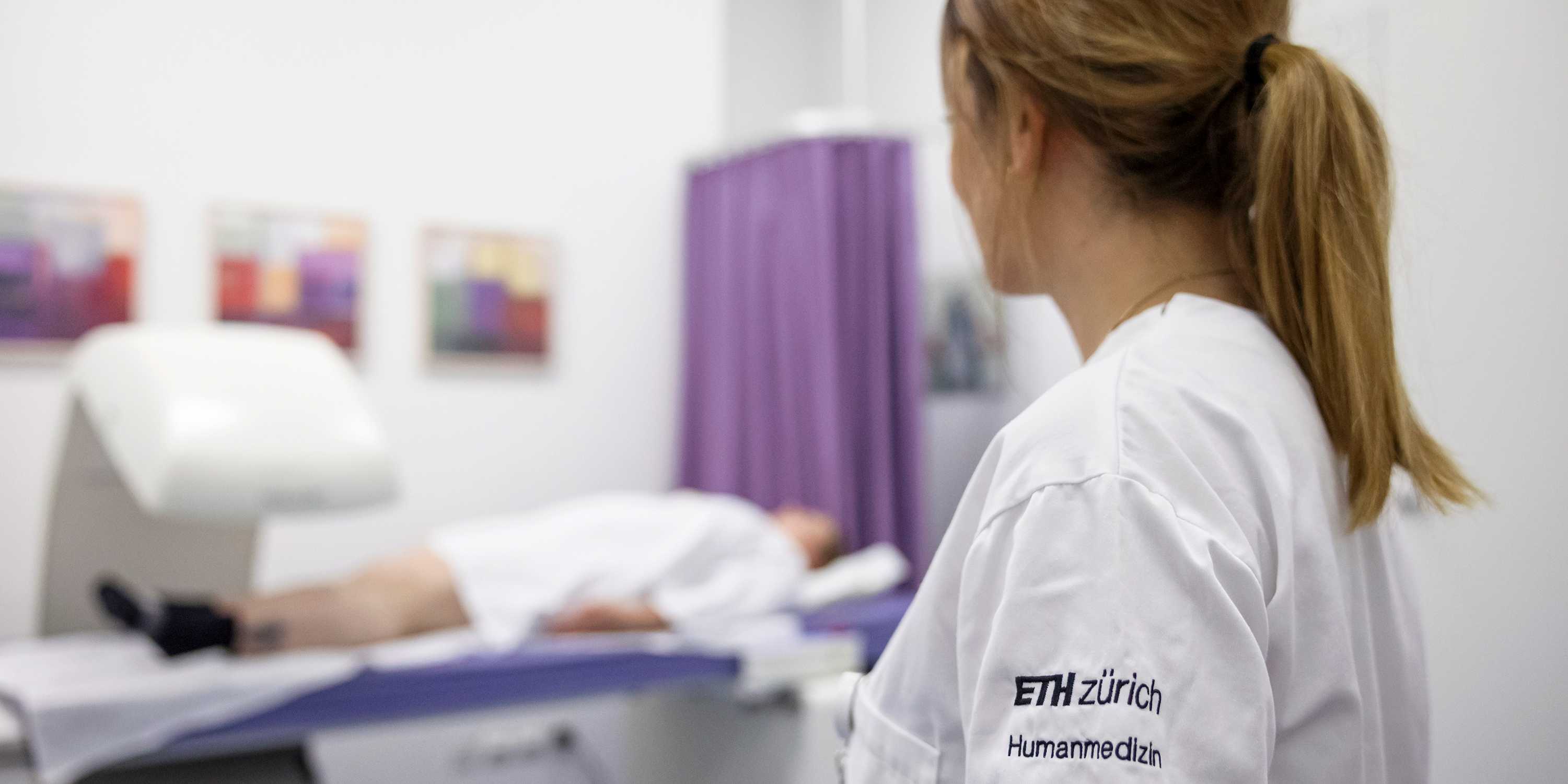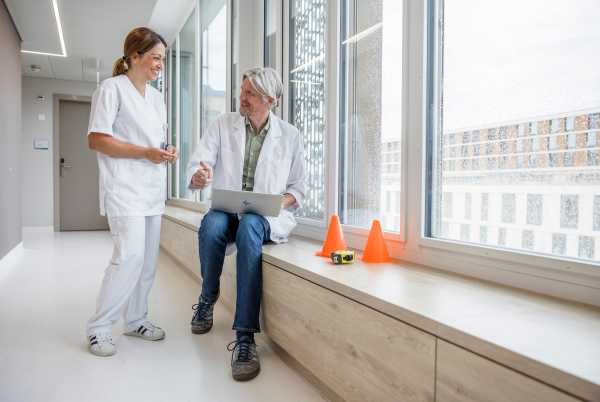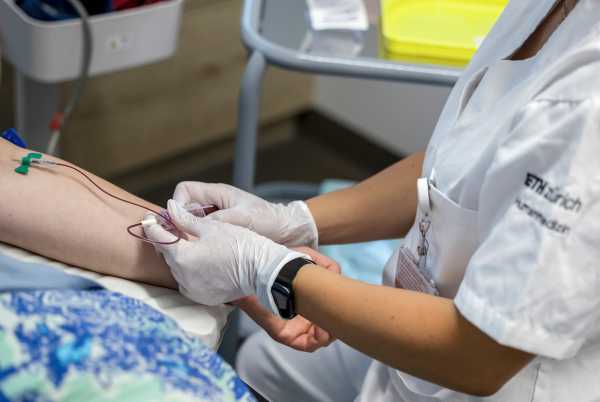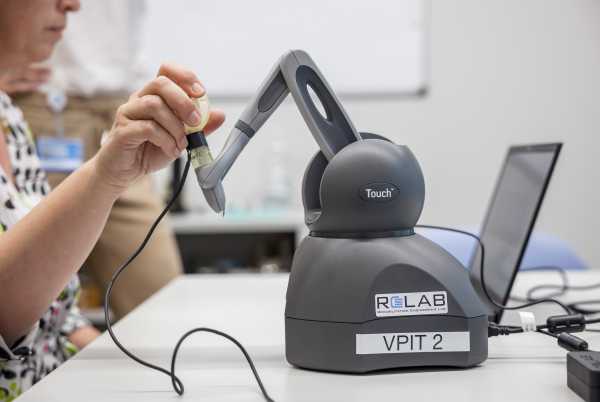The collaboration started back in 2017, when the first 100 students enrolled for the new Bachelor’s program in Human Medicine at ETH Zurich. During their induction week they visited KSB, where they were able to get a taste of hospital life for the first time. This was followed by the first joint research projects and in 2018 ETH moved into several offices in KSB’s Partner House on the hospital’s healthcare campus. Since then, the teaching offering has been supplemented by more extracurricular events and additional training opportunities.
KSB’s expertise and data, ETH’s computing power
However, the current collaboration extends well beyond purely clinical research and continuing education and training. KSB and ETH also want to push ahead with the digitalisation of healthcare data and its use in research. To this end, ETH Zurich has appointed a dedicated data architect to analyse the data and interfaces and develop a suitable architecture. This will make it easier in future to assess the data and to search for specific patterns, such as those giving indications of complications or disease progressions.
ETH’s technology and service platform dTIP will also be represented in Baden. The dTIP team comprises specialists in clinical studies, data management and regulatory aspects, as well as offering scientists an “all-round carefree package” for clinical research – from planning through to organising and conducting clinical studies. “We want our basic research and engineering developments to benefit people even more than previously, in the form of medicines, therapies, diagnostic procedures or medical devices,” says Christian Wolfrum. Collaboration with Kantonsspital Baden, Switzerland’s university hospitals and other partners, along with interdisciplinary research in the new GLC building and in the new medical research laboratory in Schlieren,will all help to accelerate this process.




